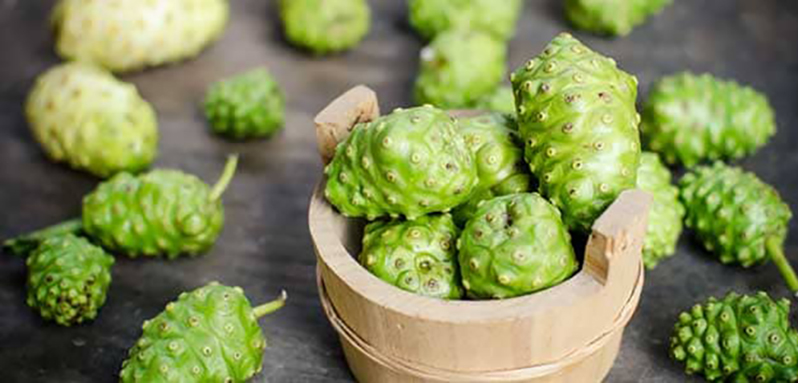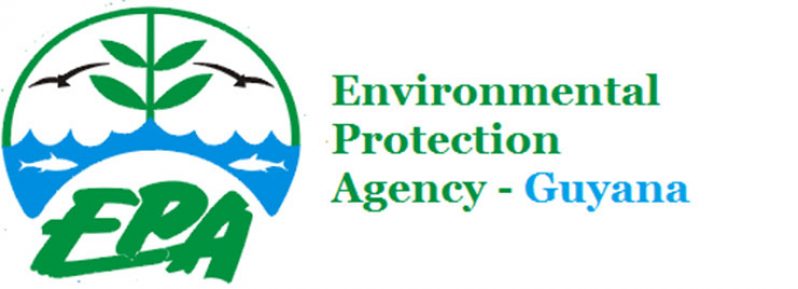GUYANA is known as a melting pot of cultures. Our motto: ‘One People, One Nation One Destiny’ spells out the uniqueness of a land’s rich cultural knowledge and customs we all call our own. The diversity of our food is uniquely linked to the geographic locations of our people. Equally matching the beauty of our people and their foods is our rich biodiversity. The abundant, diverse flora and fauna, the special herbs and spices we know that bring out the aroma in the kitchen or that shrub when applied to soothe the nagging pains, can all be lost if regulations are not established to manage the natural resources which benefit our Guyanese people.
This article, therefore, will focus on the Access and Benefit Sharing (ABS) Regulations in Guyana, and how we as a people can be beneficiaries from the provisions in these regulations. Guyana is among fourteen (14) countries in the Caribbean to adopt the Nagoya Protocol, with significant advances in establishing relevant measures.

The adopted Nagoya Protocol which provides access to Genetic Resources and the Fair and Equitable Sharing of Benefits Arising from their Utilisation (ABS) is an agreement under international law, entered into by over 70 countries around the world. It operates in the context of the Convention on Biological Diversity (CBD), aiming to implement one of its central objectives: the fair and equitable sharing of benefits derived from the utilisation of genetic resources. Thus, the ABS Regulations are specific laws in the Nagoya Protocol that allow countries, such as Guyana to benefit from indigenous knowledge and genetic resources against countries and companies who exploit such resources for their gain.
When we speak about genetic resources, we are referring to natural ingredients, research into the beneficial properties of biochemical compounds for new ingredients and products; and in the cosmetics sector, for example, research on plant extracts, oils and molecules to develop new ingredients with moisturising, firming, anti-ageing properties, etc. One such example is using the noni fruit extract for a number of health benefits.
The Environmental Protection Agency (EPA) is the constitutional focal point agency in Guyana for the implementation of these regulations as set out in the Nagoya Protocol.
There were many successes and challenges since the EPA adopted the ABS regulations. What are the successes and challenges?
Successes
* Drafting of the Access and Benefit Sharing (ABS) Regulations to ensure that Guyanese have mutual sharing and benefiting opportunities of our genetic resources.
* Implementation of the application process for biodiversity research, hence, all persons (Guyanese or non-nationals) interested in conducting biodiversity research in Guyana must apply for a Biodiversity Research Permit from the EPA.
* Indigenous communities are given opportunities to contribute in crafting Regulations, including provisions that are seen as beneficial to their villages.
Challenges
* Since the ABS Regulations in Guyana are not fully implemented, there are areas of misunderstanding regarding resources covered in the regulations, and those which are excluded.
* The loss of traditional knowledge due to biopiracy, where foreign researchers gain knowledge from community elders that were passed down from generation to generation. The knowledge is then used to create resources that are then patented and sold by multi-national companies with billion-dollar profits, with no benefit to the local communities.
You can share your ideas and questions by sending letters to: “Our Earth, Our Environment”, C/O ECEA Programme, Environmental Protection Agency, Ganges Street, Sophia, GEORGETOWN, or email us at: eit.epaguyana@gmail.com. Follow us on Facebook and Instagram and subscribe to our YouTube channel.




.png)









